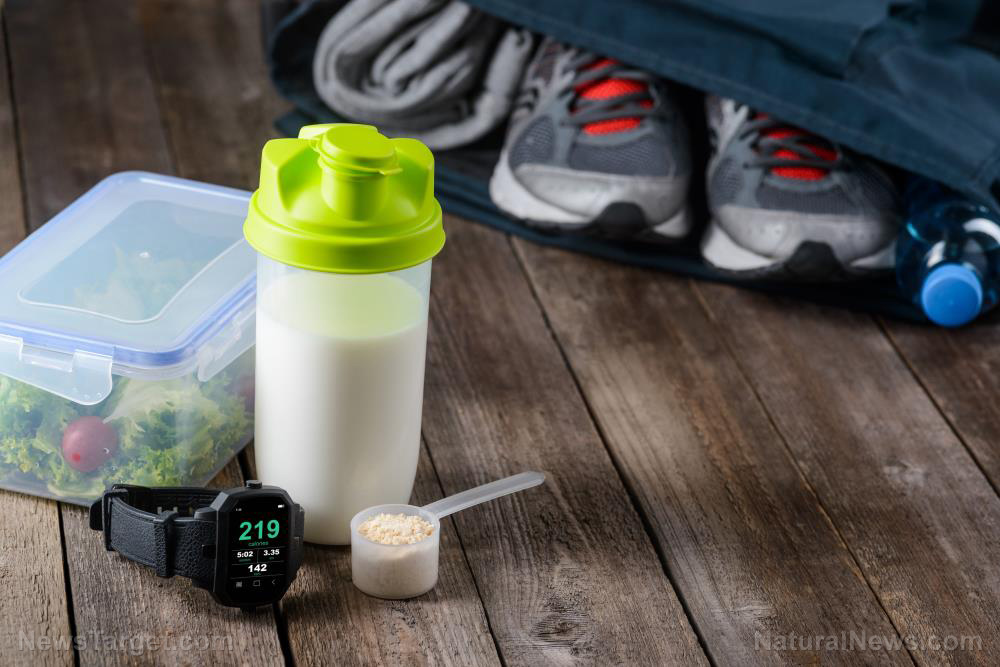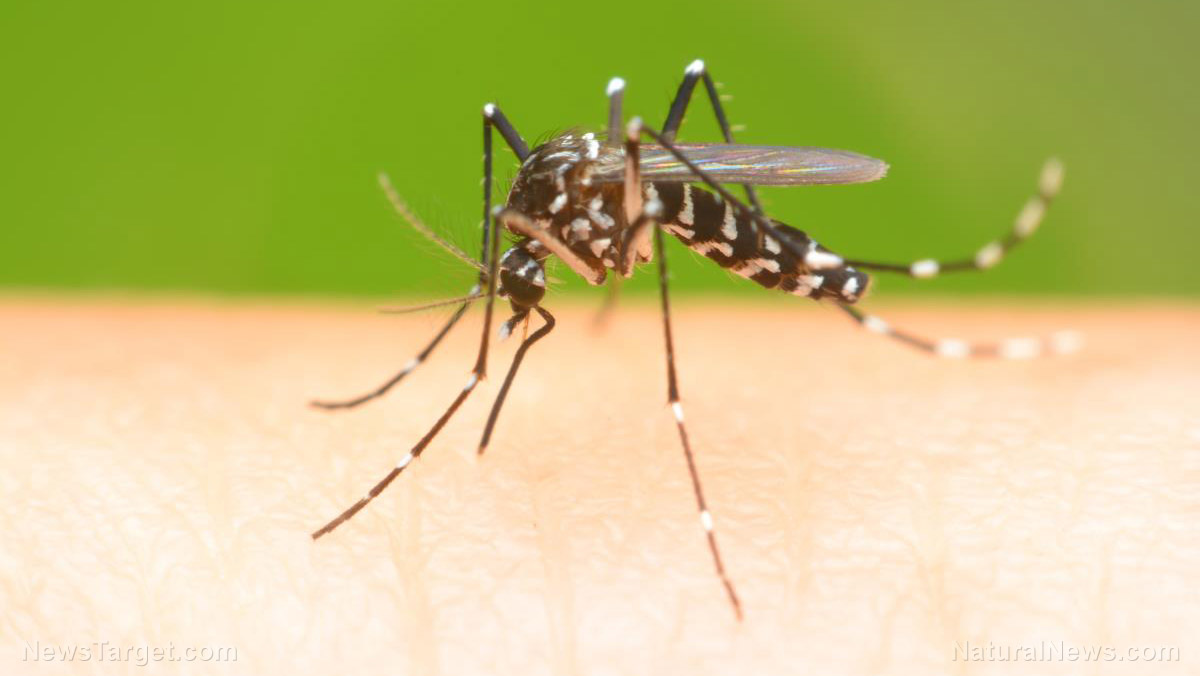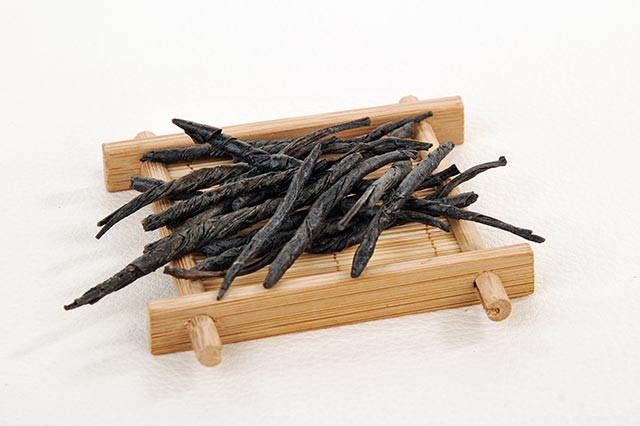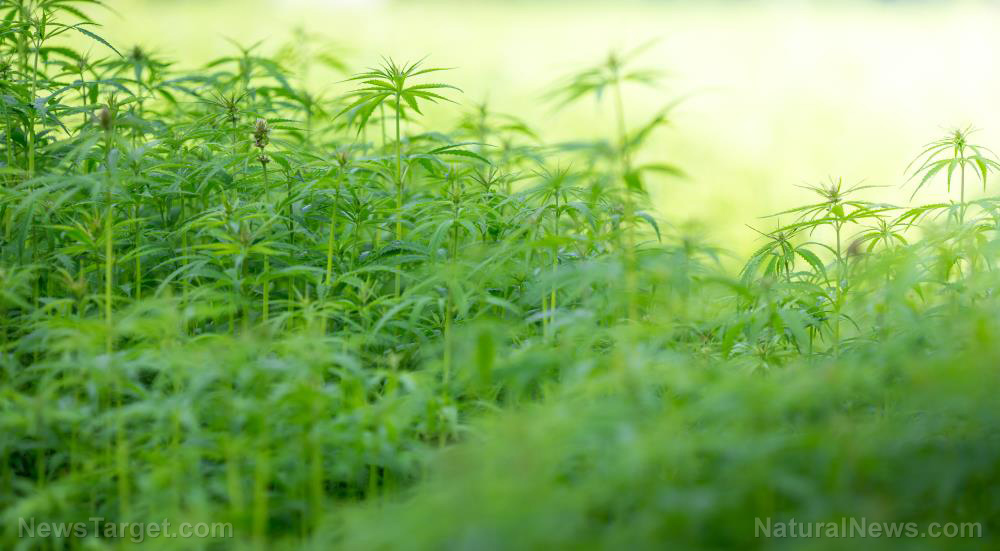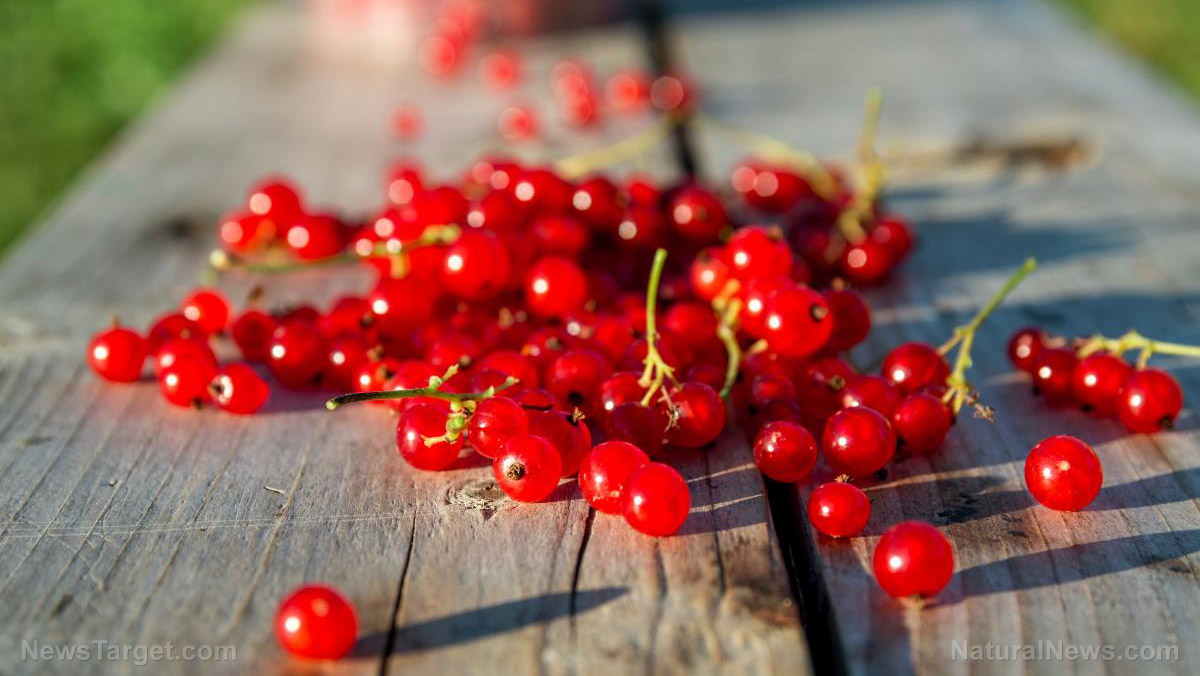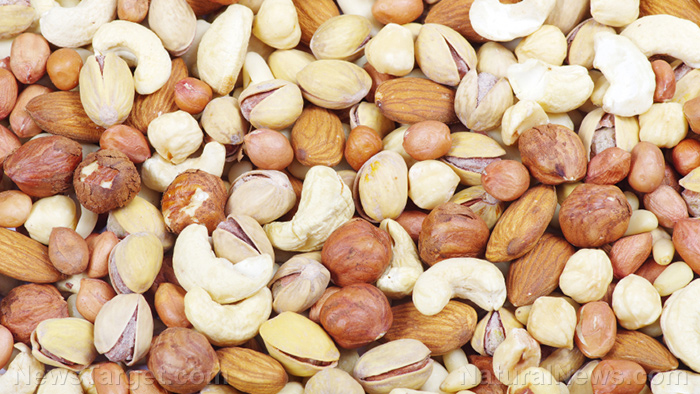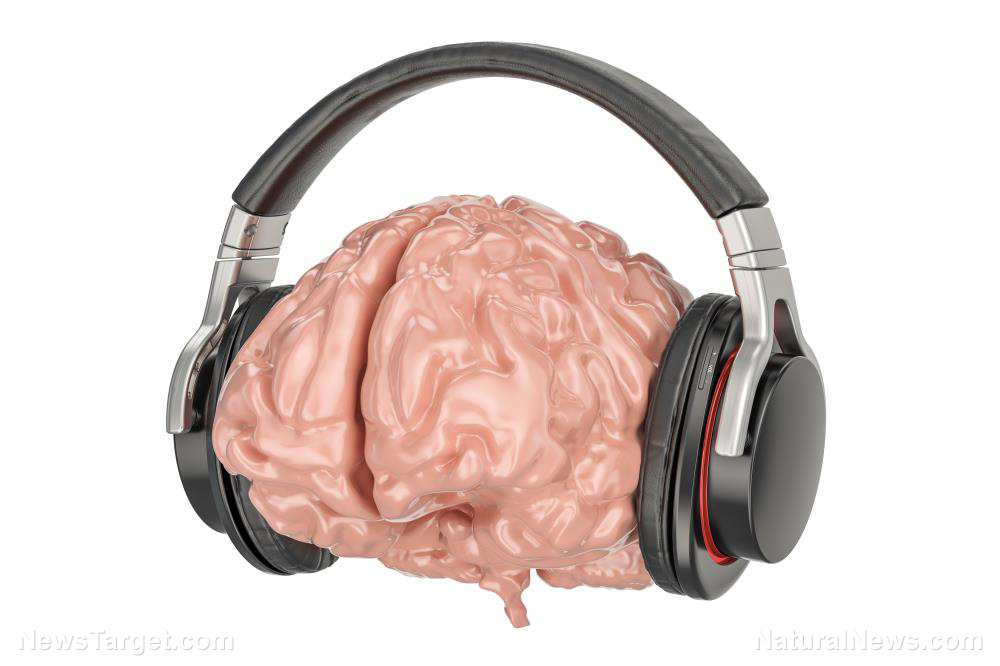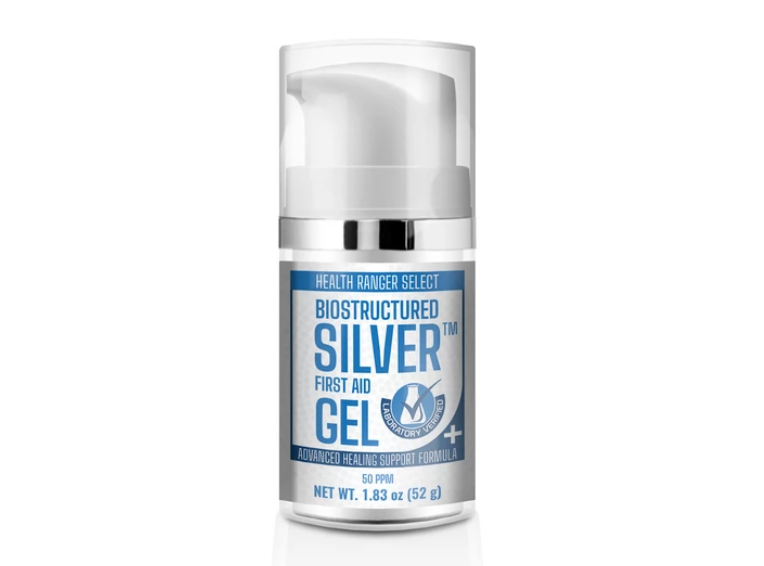Can you eat a healthy diet and still have a sustainable lifestyle?
12/01/2019 / By Melissa Smith

If you want to live a healthy and sustainable life, try switching to a low-meat diet. Doing this could make a huge impact not only on your health but also the environment.
Modern animal agriculture is destroying the earth. Most of the world’s meat, eggs, and dairy are produced in factory farms. The livestock industry calls this concentrated animal feeding operations (CAFOs). (Related: How eating a plant-based diet can save the world.)
In these establishments, a lot of chickens, cows, pigs, and other livestock are put together in extremely close quarters. These animals are fed a diet based heavily on genetically modified corn and soybeans instead of eating bugs, grass, leaves, roots, or anything like their natural diet. Instead of their manure fertilizing grasslands, it piles up in massive lagoons that pollute nearby air, groundwater, and rivers.
Reducing your meat intake and consuming more produce, such as replacing beef-burgers and bacon with beans, could lead to significant reductions in rates of Alzheimer’s disease, cancer, diabetes, heart disease, obesity, and other chronic diet-caused ailments. This, in turn, could also lead to profound economic savings. Today, the world spends more than $60 trillion on health care every decade, and much of this goes to the treatment of chronic and preventable diseases.
But you don’t really have to eliminate meat from your diet if you don’t want to. Whether or not you want to go vegetarian or vegan, you can eat less meat and move away from industrialized animal agriculture.
How to switch to a healthy and sustainable diet
Switching to a new dietary pattern can be difficult at first. To help you get started, here are some tips for following a healthy and sustainable diet:
Sponsored: NEW Biostructured Silver First Aid Gel created by the Health Ranger combines three types of silver (ionic silver, colloidal silver, biostructured silver) with seven potent botanicals (rosemary, oregano, cinnamon and more) to create a breakthrough first aid silver gel. Over 50 ppm silver, verified via ICP-MS lab analysis. Made from 100% Texas rain water and 70% solar power. Zero chemical preservatives, fragrances or emulsifiers. See full details here.
- Eat more fruits and vegetables — Fruits and vegetables are good for your health and the environment. Shifting to a more plant-based diet will also help reduce freshwater withdrawals and deforestation. Nutrition experts suggest filling half your plate with vegetables and fruits.
- Explore farmers markets — Locally-grown foods are a sustainable choice. Choose those are in-season where you live as the cost of producing or storing local foods beyond their natural growing seasons could be higher than shipping foods that are in season somewhere else. You may also opt to grow your own food.
- Limit your meat intake — You can start by swapping animal proteins for plant-based ones. Plant-based foods are also richer in fiber and lower saturated fat content — both of which can contribute to a lower risk of cardiovascular disease. Should you eat meat, choose healthier types, and limit consumption to one to two times a week.
- Choose sustainably sourced seafood — Fish can be a healthy choice if part of an overall healthy diet. However, some species are at risk of being overfished or produced in ways that harm marine life. Eat fish and seafood one to two times weekly to get the nutrients you need and reduce pressure on wild fish stocks.
- Eat mindfully — Practicing mindful eating is one of the simplest ways to eat more sustainably. Eating what you need reduces demand on food supply by mitigating excess production. Mindful eating also allows you to reflect on where your food came from and how it is nourishing your body. This also helps you stay healthy and prevent weight gain. Focusing more on what and how you eat can help you change your food consumption and reduce food waste. Limit your intake of energy-dense low-nutrient foods and pay attention to portion sizes to avoid unnecessary overconsumption.
Eating more healthily and more sustainably go together. Read more articles on how to eat a healthy diet and still have a sustainable lifestyle at Nutrients.news.
Sources include:
Tagged Under: animals, Diets, disease prevention, environ, environment, green living, healthy diet, marine life, nutrition, prevention, sustainability, sustainable living
RECENT NEWS & ARTICLES
Natural.News is a fact-based public education website published by Natural News Features, LLC.
All content copyright © 2018 by Natural News Features, LLC.
Contact Us with Tips or Corrections
All trademarks, registered trademarks and servicemarks mentioned on this site are the property of their respective owners.



